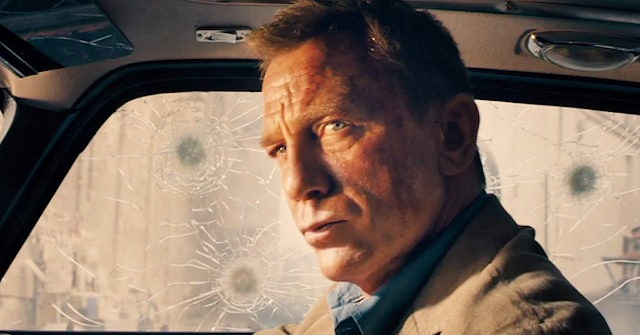The production of the next James Bond film faces significant delays due to escalating tensions between MGM Studios and Barbara Broccoli, the long-standing producer of the franchise. According to a report by the Wall Street Journal, MGM has plans to expand the Bond brand into a series of “Marvel-style” spinoffs, aiming to create a broader cinematic universe featuring multiple characters from the Bond lore. This strategy has been met with strong resistance from Broccoli, who is adamant that the integrity of the Bond character should not be compromised for the sake of franchise expansion. She expressed her frustration with MGM’s approach, referring to the studio as “fucking idiots” for their ambition to turn Bond into a sprawling series rather than maintaining the franchise’s traditional focus on the iconic character.
The fractured relationship between Broccoli’s team and Amazon, which acquired MGM in a multibillion-dollar deal, has reportedly deteriorated significantly since the purchase. Broccoli holds the firm belief that Amazon should not be the steward of the Bond franchise, a sentiment stemming from her concerns about the studio’s ability to respect the legacy of the character. Amidst these disputes, the future of the James Bond films looks uncertain. The last installment featured Daniel Craig, who has been integral to revitalizing the character but has shared reservations about the representation of masculinity inherent in the Bond persona. This discourse reflects a shifting cultural landscape where issues of identity and representation in cinema are being critically examined.
Daniel Craig’s reflections on his role as Bond pose a crucial question regarding masculinity in contemporary narratives. Speaking with The New Yorker about his upcoming LGBTQ-themed film, he highlighted the conflicting layers embedded in the character’s identity, noting that while Bond is often portrayed as a charismatic womanizer, this portrayal requires a level of authenticity that can sometimes be challenging to reconcile. Craig’s perspective adds a deeper layer to the conversation surrounding the future of Bond, as he grapples with the cultural implications of embodying a character so deeply rooted in traditional male stereotypes.
Additionally, actress Gemma Arterton, who appeared in “Quantum of Solace,” has voiced her opinions in the ongoing discourse about the evolution of the Bond character. Arterton dismissed the idea of a female Bond, suggesting that such a change would undermine the character’s legacy. She paralleled it to a hypothetical scenario where Mary Poppins is portrayed by a male actor, emphasizing that while discussions on representation in film are important, some traditions should be preserved. This statement showcases the complexities of reimagining iconic characters in today’s cinematic landscape and raises questions about authenticity versus innovation in storytelling.
As the debate over the future of the James Bond franchise continues, producers et al are confronted with the challenge of balancing innovation in storytelling with the established tradition of the character. The potential for a series of spinoffs poses the risk of diluting the core essence of Bond. It underscores a broader challenge facing many franchises today, as they navigate the demands for representation and fresh narratives while attempting to remain true to the beloved characters that audiences have cherished for decades.
In the midst of these industry shifts, Paul Roland Bois’s independent film, “EXEMPLUM,” has garnered critical acclaim, with a 100% rating on Rotten Tomatoes. Its inclusion highlights the variety of storytelling options available beyond blockbuster franchises like Bond. Bois’s film has been praised for its originality, drawing comparisons to larger Hollywood productions while being accessible to audiences through platforms like YouTube and Tubi. As filmmakers like Bois explore different genres and narratives, they reflect an evolving landscape where new ideas can thrive even while longstanding franchises face their own existential challenges. The ongoing situation with James Bond will likely shape not only its own trajectory but also influence how other long-standing franchises approach modernization in the future.

